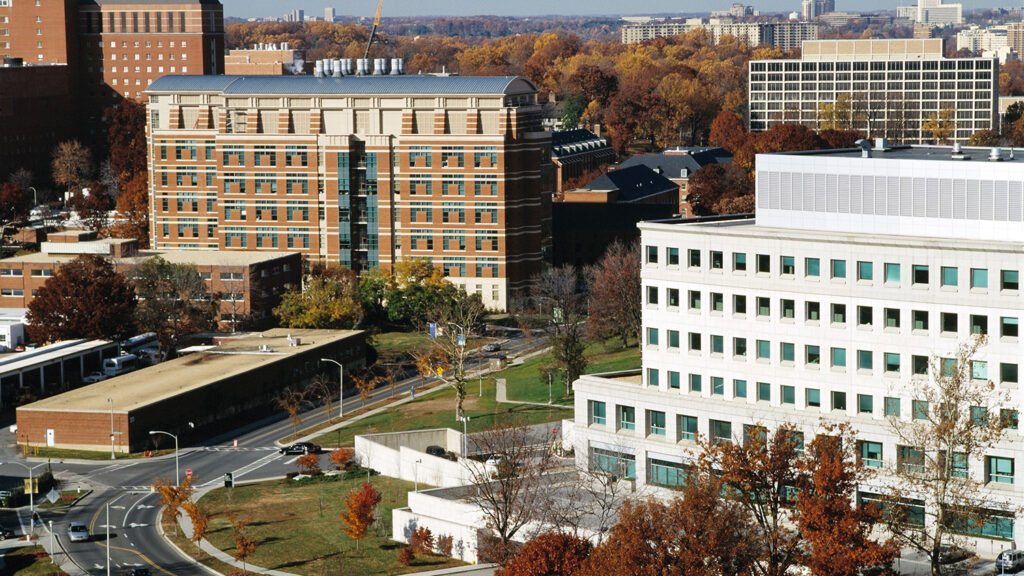After being indefinitely suspended in the first days of the Trump administration, key National Institutes of Health committees that approve research grants resumed meeting this week. This marks a positive step toward restoring the flow of billions of dollars in biomedical research funding to universities and medical schools that have been significantly impacted for months.
The National Institutes of Health (NIH) plays a crucial role in advancing scientific research aimed at improving human health and reducing illness and disease. While the NIH has its own team of scientists, the majority of its roughly $48 billion annual budget is allocated to supporting external research initiatives.
In 2025, the NIH has awarded $2.8 billion less in research funding compared to the average amount awarded over the same period in the previous five years. This reduction in funding has had a noticeable impact on the progress of groundbreaking research projects and the development of innovative medical solutions.
It is essential for the NIH to resume its grant approval process to ensure that vital research projects can continue to receive the necessary funding for their advancement. The resumption of these key committees signifies a commitment to supporting the scientific community and promoting advancements in medical research.
As research institutions and medical schools eagerly await the approval of their grant applications, the reinstatement of these NIH committees brings hope for the future of biomedical research. With billions of dollars at stake, the timely approval of research grants is crucial for sustaining the momentum of scientific discovery and innovation.
The NIH’s decision to resume grant approval meetings is a positive development that will have a far-reaching impact on the field of medical research. By prioritizing the funding of innovative research projects, the NIH is demonstrating its dedication to advancing human health and addressing critical healthcare challenges.
In conclusion, the resumption of NIH grant approval meetings is a significant step toward restoring the flow of biomedical research funding and supporting groundbreaking scientific discoveries. This decision underscores the importance of investing in research that has the potential to transform healthcare and improve the lives of individuals worldwide.


